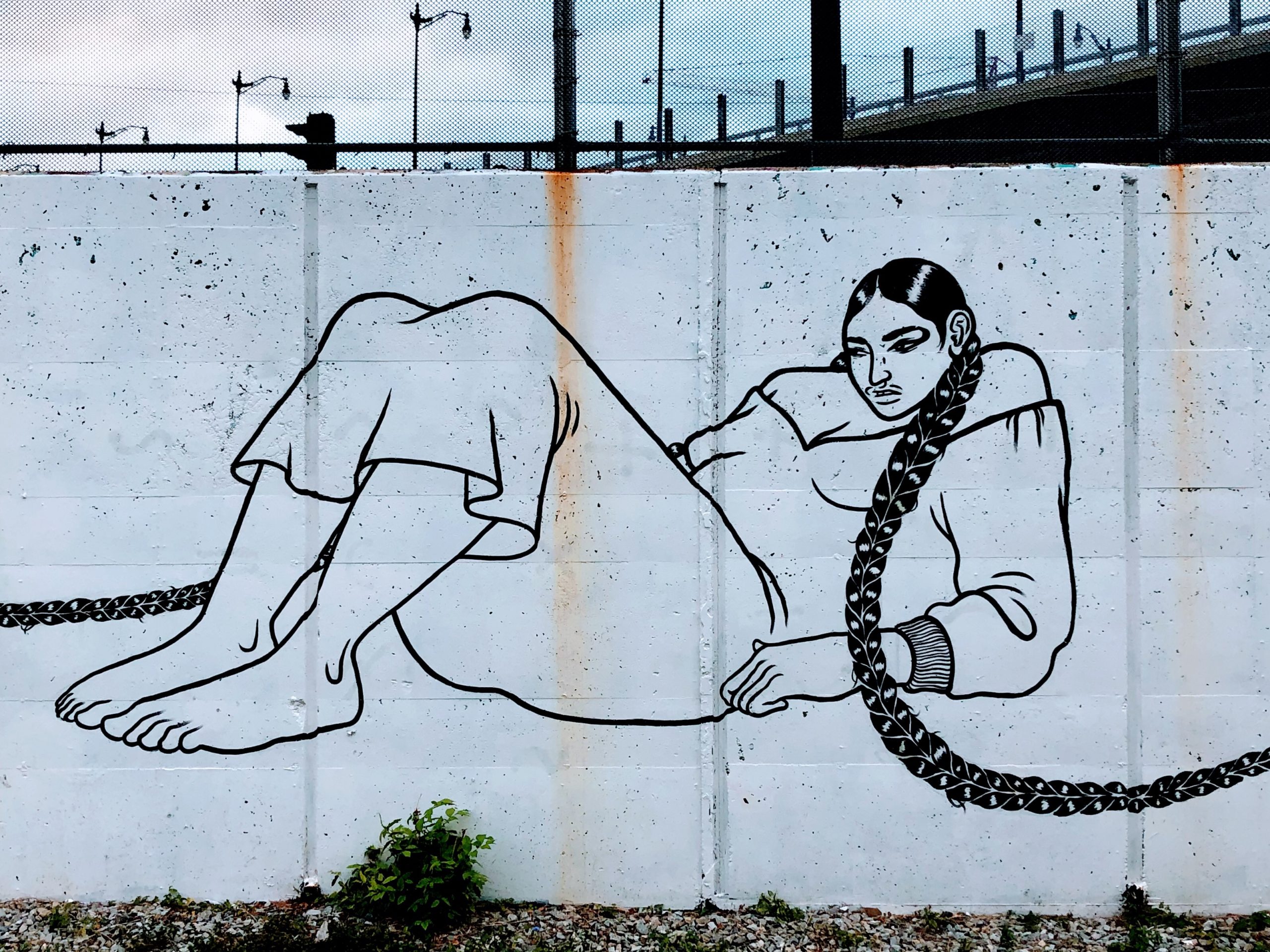
It’s that time in late fall where most of the leaves have fully given up any pretense of hanging on. The ginkgos near me never even bothered to turn yellow this year, but simply shrugged and tossed all their green onto the ground last week. It’s that time of year when the sidewalks are red and yellow and brown and make a satisfying crunch, but the view overhead is of the spindly claws of trees and the dim winter sky. Night comes at 5. Christmas decorations are up. It’s almost, basically, winter.
And especially in winter, there is an impulse to stay in, get cozy, and hear a story. In the vast imagined past, this is what we did when it was cold and the night was long and the outdoor work was done. We sat and listened to a bard, or a skald, or our grandmother, tell the old ballads. Now we tend to rely more on video stories passed on to us by strangers, and books written by strangers. But the impulse is the same. There is something comforting and necessary about a story.

In fact, when was the last time you went a week or even a day without consuming a story, whether on TV or through a book, or from gossip, or from the news? Perish the thought, honestly. It’s almost as essential as eating.
I’ve always been a huge consumer of fiction, both in print and in video. I’m a glutton for stories. But in the past few years, I’ve been focusing on writing my own, too. It turns out that story creation sometimes feels altogether bizarre. If one follows the instructions from writing guides about story arc and plot points, it begins to feel a bit like painting by numbers. This is especially true in fiction with any particular constraints, such as genre requirements (in Romance, for example, each story must have a happily-ever-after, unless the author would rather avoid the hassle of being published) or length requirements (a 22-minute comedy episode for TV can’t go on until the story comes to a natural conclusion, unless of course the natural conclusion happens after 22 minutes). So instead of just following the heroic imagination wherever she may wander, a fiction producer must make sure that there is, for example, a reversal of an expectation somewhere about ⅔ of the way through, just in time for the all-is-lost moment and the final battle.
I couldn’t help but wonder: is every story just random decoration on a formulaic foundation? If I want to write a book with a “proper” story line, am I doomed just to spin a wheel and pick some settings, some character traits, and some quirky plot details, and tape them to a shape someone else made? What would be the point of that? Why would anyone want it?
But I never stopped consuming stories. And after I’d gotten my little education in the thou-shalts of story structure, I started being able to see them so clearly in what I was consuming. The grid marks of the A-plot, the B-plot, the arc, all became more visible.
To my surprise, that has done exactly nothing to diminish my hunger for stories. I still get caught up in whatever magic it is that makes me care about characters. I can still even feel the magic the second or tenth time through a beloved story. I still get pulled into the suspense or get tense at the will-they-won’t-they even when I know for sure that they will, and no one will die.

It’s not just paint by numbers. It’s not just the same thing in different clothing, different settings, with a fistful of clever jokes or some strokes of soaring prose. And that makes no logical sense, really.
At the end of the day, we must be hard-wired for it. It’s like what fetch is for a dog: an activity with no apparent rational value, except the deep joy it instills, and the chance it gives us to connect with others. In the dog’s case, it is communication with the beloved humans. In the humans’ case, following a story is a chance to connect with both the people in the story, who may or may not be real but who are human nevertheless, and with the people who made the story and those beside us on the couch or in the rest of the world who also enjoy it.
Next time, I’ll be exploring the idea of story when it comes to the absolutely true, apparently one-direction movement of life. So stay tuned.
Pingback: Story bias; also, the apocalypse. | PsychoPomp